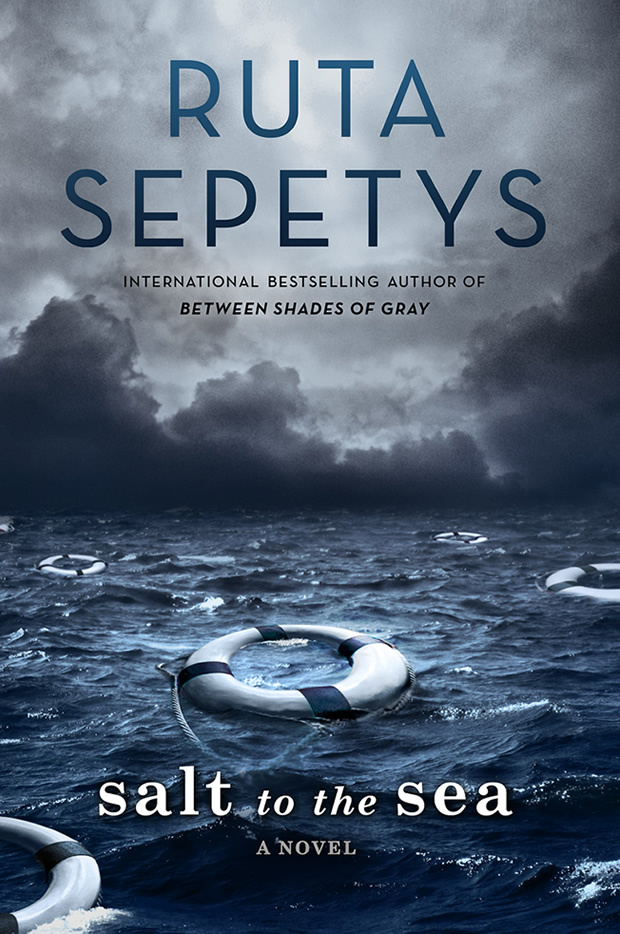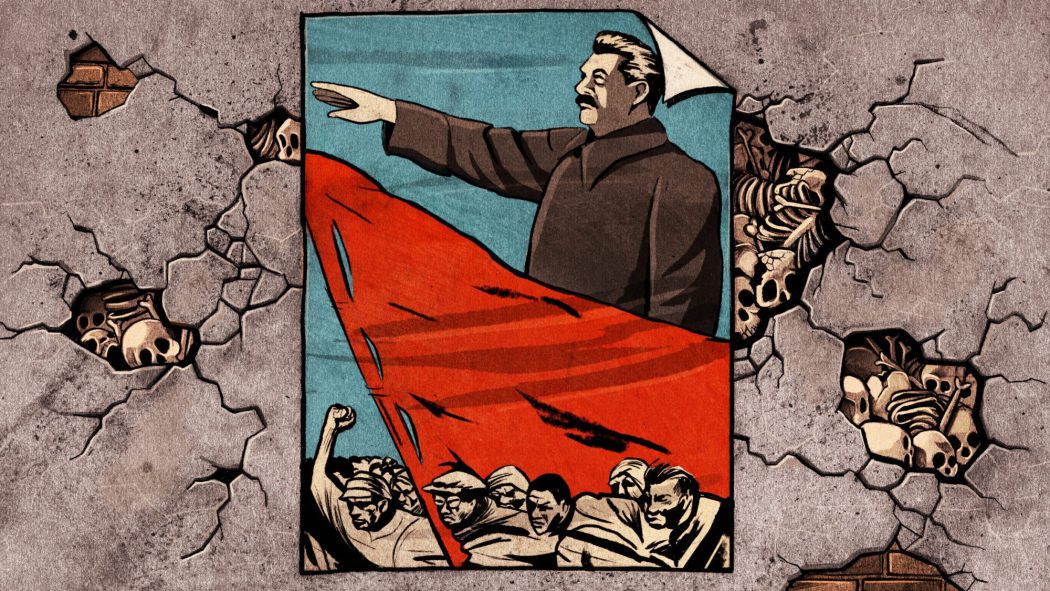
A few weeks ago I had the opportunity to attend a lecture by Ruta Sepetys on her latest novel, Salt to the Sea. The event was being hosted by my local library as a part of their author series. I had read and enjoyed her previous works, Between Shades of Grey and Out of the Easy, however, the only thing I knew about this book was that it is set during World War II. The synopsis of the book is as follows:
In 1945, World War II is drawing to a close in East Prussia and thousands of refugees are on a desperate trek toward freedom, almost all of them with something to hide. Among them are Joana, Emilia, and Florian, whose paths converge en route to the ship that promises salvation, the Wilhelm Gustloff. Forced by circumstance to unite, the three find their strength, courage, and trust in each other tested with each step closer toward safety. Just when it seems freedom is within their grasp, tragedy strikes. Not country, nor culture, nor status matter as all ten thousand people aboard must fight for the same thing: survival.
A tribute to the people of Lithuania, Poland, and East Prussia, Ruta Sepetys unearths a shockingly little-known casualty of a gruesome war, and proves that humanity can prevail, even in the darkest of hours.
Ruta started by saying this lecture was slightly different than her usual. She asked if she could take a quick survey before starting. She wanted everyone who was of Lithuanian descent to raise their hand. To my shock, about 80% of the crowd raised their hands! She then asked how many were descendants of refugees. Again a large number of hands were raised. I was completely unaware of the large Lithuanian presence in the area. (I live on the Irish side of town.) Ruta is the daughter of a Lithuanian refugee. It is the stories and histories of her parents and family that has inspired her to tell the “untold histories”.
Ruta did not try to share with us the meaning behind her book or the symbolism found throughout the text. She said authors often think they know what their books are about, but they, in fact, do not. It is the reader who determines what the message of a book is. While on her press tour, Ruta discovered what her book was about in each country she visited.
One of the things that impressed me so much was the amount of effort Ruta puts into her research. She does enormous amounts of background research and then takes it a step further by connecting with people who were involved with the events. She does not simply write a story and then throws in some dates and facts to make it seem historical. She truly takes the time to get to know the stories of the people who experienced these “untold histories”.
I truly enjoyed listening to Ruta and I am excited to start this book. It was so great meeting her afterward. If you ever have the opportunity to hear her speak, I highly recommend attending!

 Share this:
Share this:




